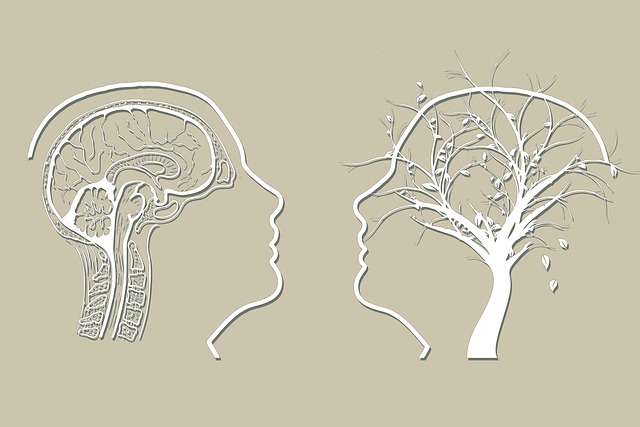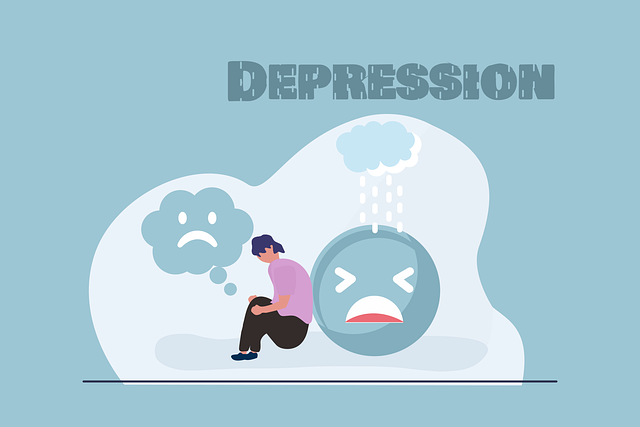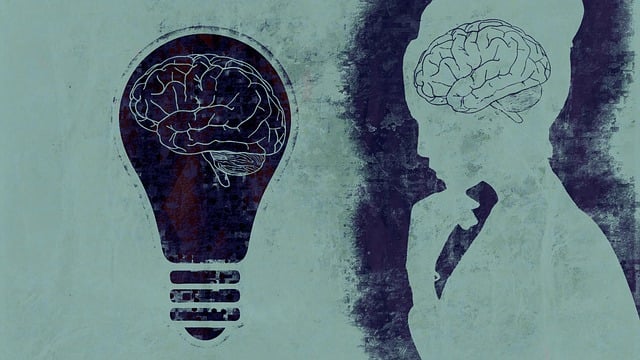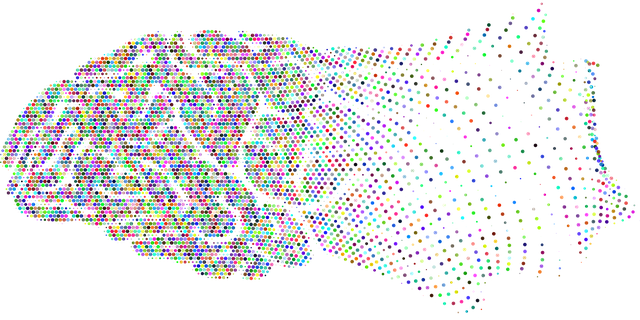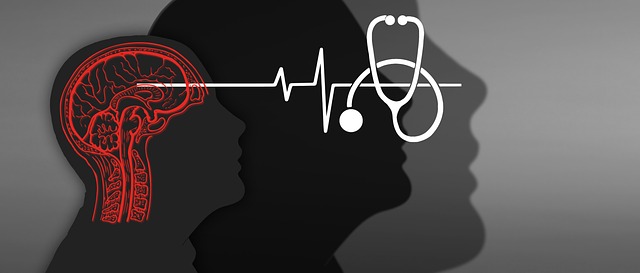The current media portrayal of mental illness in Denver's German-speaking communities perpetuates harmful stereotypes, oversimplifying complex disorders and hindering understanding. There's a critical need for more nuanced representations showcasing strength and self-improvement to challenge stigmatization. Denver German Speaking Therapy is transforming this narrative through tailored cultural support and specialized services, bridging cultural gaps and empowering individuals with effective coping mechanisms. Collaboration between media professionals, therapists, and community advocates is vital for reshaping mental illness representation, ensuring accurate, empathetic storytelling that promotes mental wellness.
Mental illness representation in media is a critical topic that shapes public perception. This article delves into the current state of mental health portrayal, exploring how stereotypes and misinformation contribute to societal understanding—or misunderstanding—of these conditions. We highlight the unique role of Denver German Speaking Therapy as a cultural bridge towards accurate depiction. Additionally, we offer strategies for media outlets to promote positive, realistic representations, emphasizing collaboration between media, professionals, and the community as key drivers of change.
- Understanding Mental Illness Representation in Media: The Current State
- The Impact of Stereotypes and Misinformation on Public Perception
- Denver German Speaking Therapy: A Cultural Bridge to Accurate Portrayal
- Strategies for Promoting Positive and Realistic Depictions in Media
- Fostering Change: Collaboration Between Media, Professionals, and the Community
Understanding Mental Illness Representation in Media: The Current State

The representation of mental illness in media has been a topic of increasing interest and scrutiny. Currently, portrayals often fall into stereotypical or simplistic narratives, which can lead to misconceptions and further stigmatization. Many characters with mental health struggles are depicted as either dangerously unpredictable or tragically helpless, overlooking the complexity and diversity of real-life experiences. This one-dimensional approach fails to capture the nuances of various disorders and can hinder understanding among audiences.
Moreover, the lack of accurate representation denies viewers, especially those dealing with similar challenges, the opportunity to see themselves reflected positively. For instance, German-speaking communities in Denver may seek media that offers more nuanced portrayals of mental illness, enabling them to connect with characters and stories that foster empathy and promote awareness. Encouraging development of content that emphasizes inner strength, emotional intelligence, and self-esteem improvement is vital to challenging these stereotypes and fostering a more inclusive environment.
The Impact of Stereotypes and Misinformation on Public Perception

The media’s portrayal of mental illness often reinforces stereotypes and spreads misinformation, shaping public perceptions significantly. These negative representations can lead to stigma, fear, and misunderstanding among viewers, creating barriers for individuals seeking help. When media depicts mental health conditions as solely dramatic or terrifying, it fails to capture the diverse realities of what these experiences are like. As a result, people might associate these intense portrayals with their own struggles, causing them to internalize negative beliefs and hesitate to reach out for support.
For instance, a prevalent stereotype is that all individuals with mental illness are violent or unpredictable, which is far from the truth. Such misconceptions can deter folks from accessing essential services, such as Denver German speaking therapy, where specialized professionals offer tailored emotional healing processes. Accurate representation in media is crucial, especially when encouraging open conversations about mental wellness. By presenting balanced narratives and highlighting recovery stories, we can promote empathy, dispel myths, and encourage those battling mental health issues to take that first step towards managing their conditions effectively, including engaging in risk management planning for mental health professionals as needed.
Denver German Speaking Therapy: A Cultural Bridge to Accurate Portrayal

Denver German Speaking Therapy plays a pivotal role in bridging cultural gaps and fostering accurate representation of mental illness in media. By offering specialized services in both therapy and counseling, this initiative ensures that stories about mental health issues are told with sensitivity and authenticity. The therapy focuses on providing support tailored to individuals’ cultural backgrounds, helping them navigate the challenges unique to their heritage. This approach not only enhances understanding but also promotes effective communication, a crucial aspect of challenging stereotypes often associated with mental illness.
Moreover, Denver German Speaking Therapy incorporates techniques such as Social Skills Training and Stress Management to empower clients in developing inner strength. Through these programs, individuals gain valuable tools for coping with mental health struggles while fostering a sense of resilience. By addressing both the cultural and practical needs of its clients, this therapy serves as a beacon, revolutionizing media portrayals of mental illness by highlighting the diverse experiences and strengths that contribute to recovery.
Strategies for Promoting Positive and Realistic Depictions in Media

In an era where media plays a significant role in shaping societal perceptions, it’s crucial to advocate for positive and realistic representations of mental illness. To achieve this, various strategies can be employed. One effective approach is encouraging Empathy Building Strategies within storytelling. By humanizing characters struggling with mental health issues, media can foster understanding and reduce stigma. This involves showcasing diverse narratives, promoting authentic performances, and ensuring accurate portrayals of treatment and recovery processes. For instance, featuring characters engaging in Self-Care Practices, such as therapy or support group participation, can offer viewers hope and inspiration.
Additionally, industry professionals, including writers, directors, and producers, should prioritize consultation with mental health experts to ensure accuracy. This collaboration can help create nuanced stories that reflect the complexities of mental illness. Moreover, integrating these strategies into media production might prompt conversations about Mental Health Policy Analysis and Advocacy, potentially leading to more supportive policies and increased access to quality care, like that offered by Denver German Speaking Therapy services.
Fostering Change: Collaboration Between Media, Professionals, and the Community

In fostering change regarding mental illness representation in media, a collaborative effort between industry professionals, therapists like those at Denver German Speaking Therapy, and community advocates is essential. This partnership can drive meaningful shifts in how mental health is portrayed, moving away from stigmatizing stereotypes towards more accurate and empathetic narratives. Media organizations play a pivotal role by incorporating diverse voices and experiences into their content creation processes, ensuring that stories reflect the realities of various communities.
Collaborative initiatives could involve workshops, roundtable discussions, and joint research projects focused on Mental Health Policy Analysis and Advocacy. Such efforts aim to educate media professionals about best practices in mental illness representation while empowering them to make informed decisions. Additionally, community engagement strategies, including outreach programs and awareness campaigns, can help identify risks associated with incorrect portrayals (e.g., as per Risk Assessment for Mental Health Professionals) and promote positive messages that enhance Mental Wellness.
In addressing mental illness representation in media, we’ve explored the current state of understanding, the damaging effects of stereotypes and misinformation, and the importance of accurate portrayals. Solutions like those implemented by Denver German Speaking Therapy offer a cultural bridge to more nuanced representations. Through collaborative efforts between media outlets, mental health professionals, and community engagement, we can foster positive change. By promoting realistic and empathetic depictions, we not only challenge public perception but also contribute to a more inclusive and supportive society.
